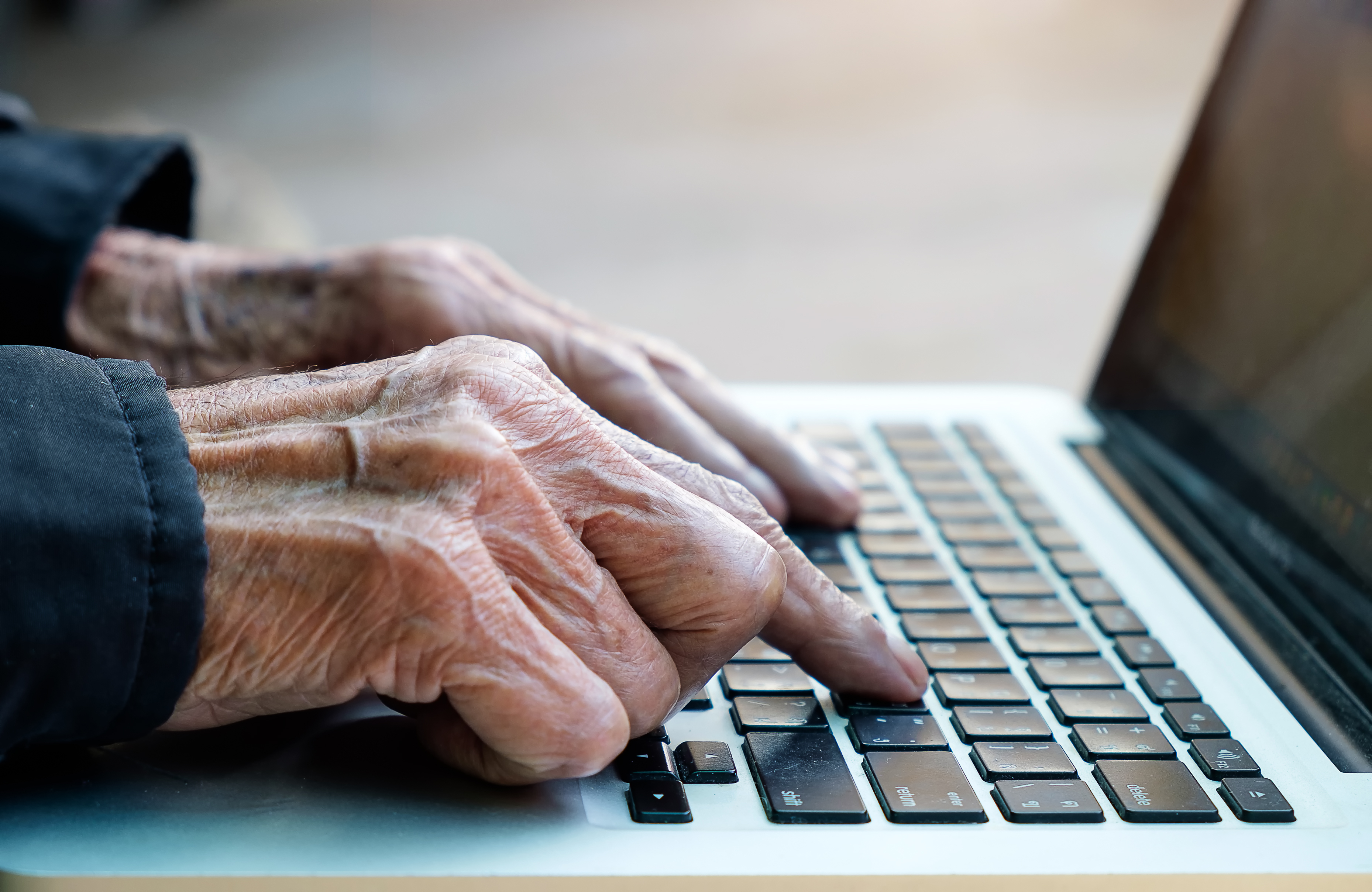Brain Training May Ward Off Dementia, but Only in Earliest Stages of Decline
Written by |

Brain training can improve both memory and mood in people with mild cognitive impairment, but once a dementia diagnosis has been made, the training no longer has an impact.
In the study, “Computerized Cognitive Training in Older Adults With Mild Cognitive Impairment or Dementia: A Systematic Review and Meta-Analysis,” published in the American Journal of Psychiatry, the authors reviewed 20 years worth of research to reach this conclusion.
One in 10 people who develop mild cognitive impairment are at risk of developing dementia within a year. For those who also have depression — a well-known risk factor for dementia — the likelihood is far higher.
Brain training, in the form of mentally challenging computer-based exercises, has been used to improve memory and cognitive skills in older people, but the results of studies tend to vary. Researchers know little about the effects of training in people with mild cognitive impairment or dementia.
A research team from the University of Sydney in Australia analyzed previously published data from randomized controlled trials. They looked at the effects of brain training on overall cognition, individual cognitive features, psychosocial function, and the activities of daily living for both mild cognitive impairment and dementia.
The 17 clinical trials showed that the training improved attention, memory, and the ability to think. It also improved psychosocial aspects and depressive symptoms.
“Our research shows that brain training can maintain or even improve cognitive skills among older people at very high risk of cognitive decline — and it’s an inexpensive and safe treatment,” Dr. Amit Lampit, from the university’s School of Psychology and the study’s senior author, said in a news release.
But when the team considered 12 trials that included patients with a dementia diagnosis, the effects were absent.
“Taken together, these wide-ranging analyses have provided the necessary evidence to pursue clinical implementation of brain training in the aged-care sector — while continuing research aimed at improving training effectiveness,” Lampit said.
“The great challenges in this area are maintaining training gains over the long term and moving this treatment out of the clinic and into people’s homes,” said Michael Valenzuela, an associate professor at the Regenerative Neuroscience Group at the Brain and Mind Centre in Sydney. “This is exactly what we are working on right now.”





